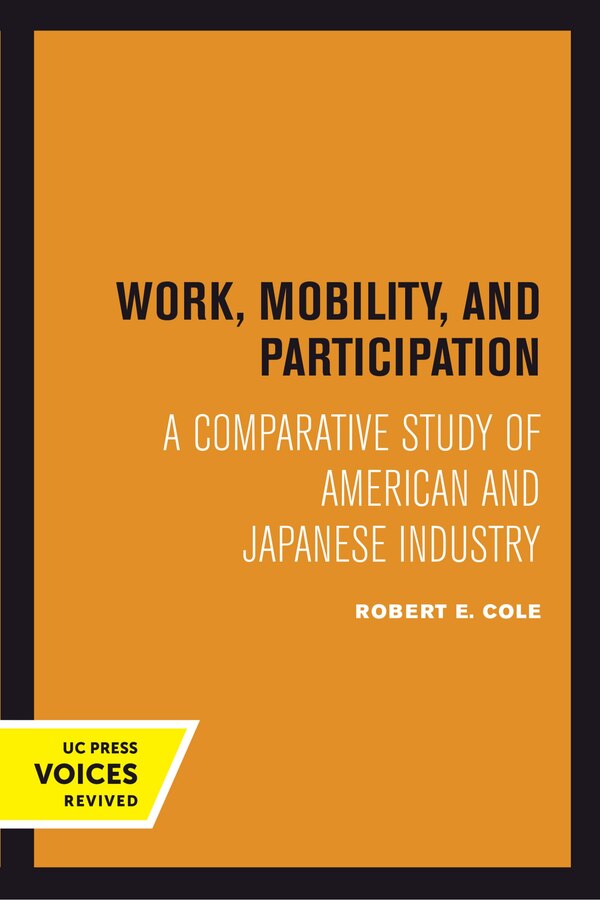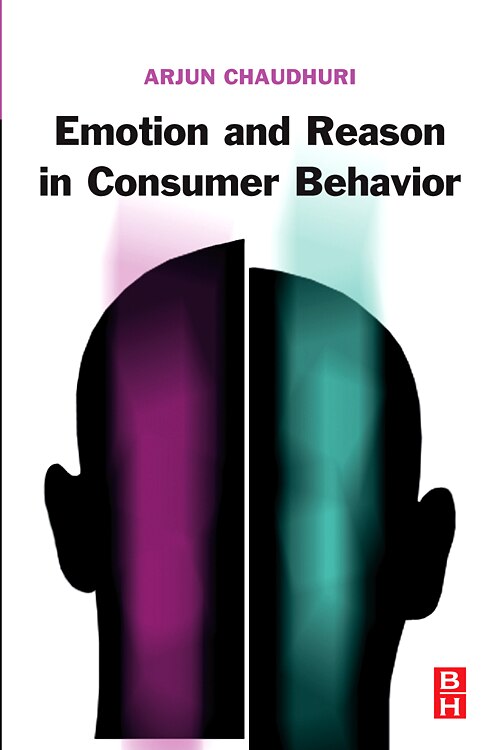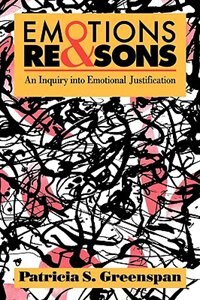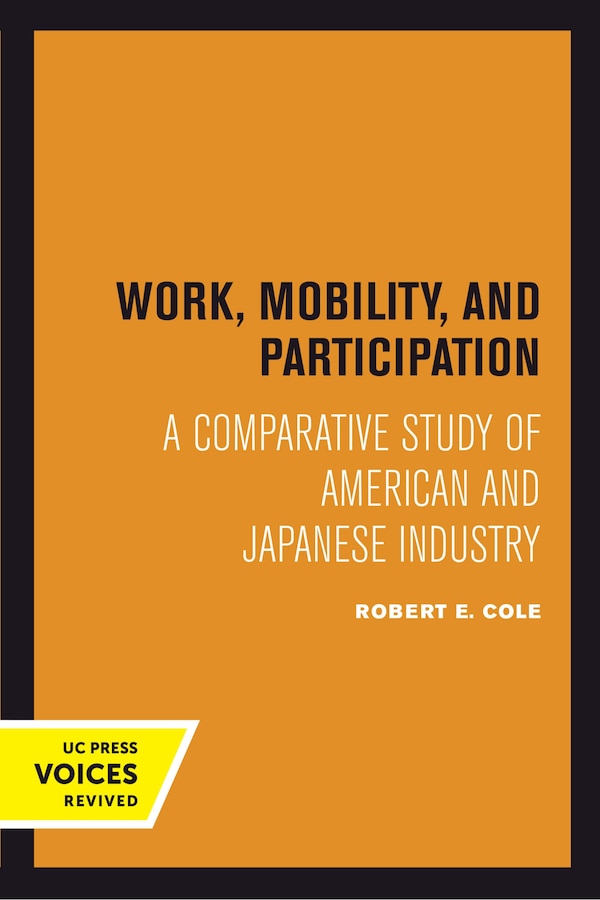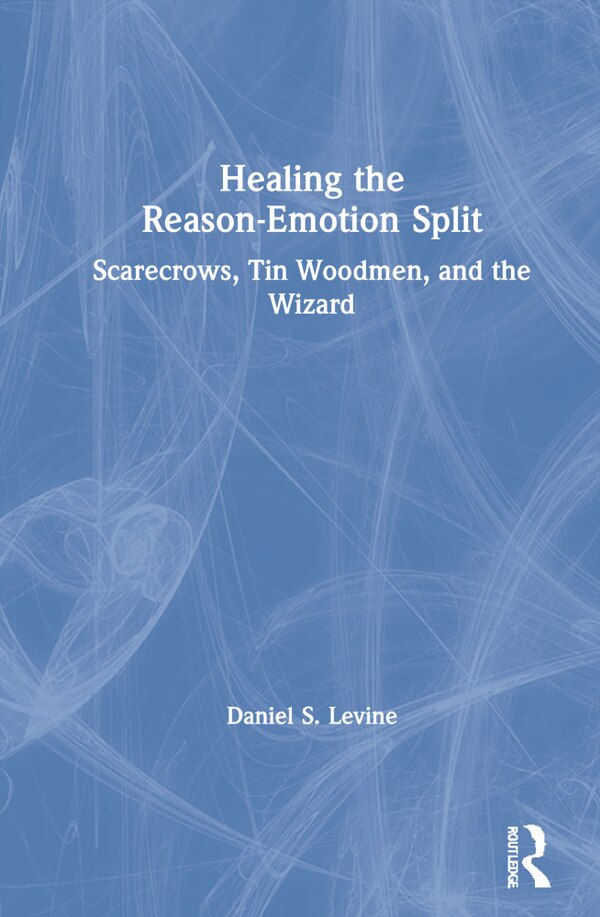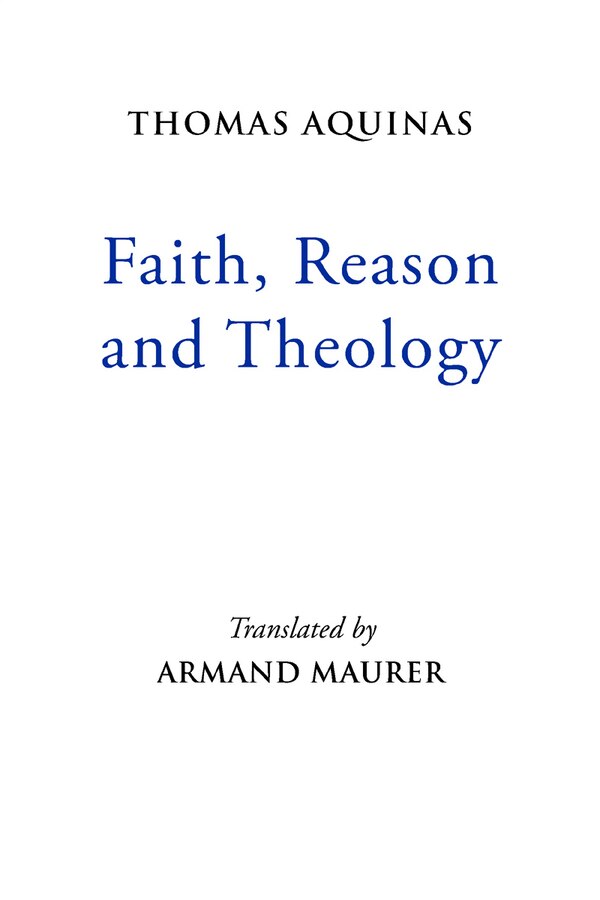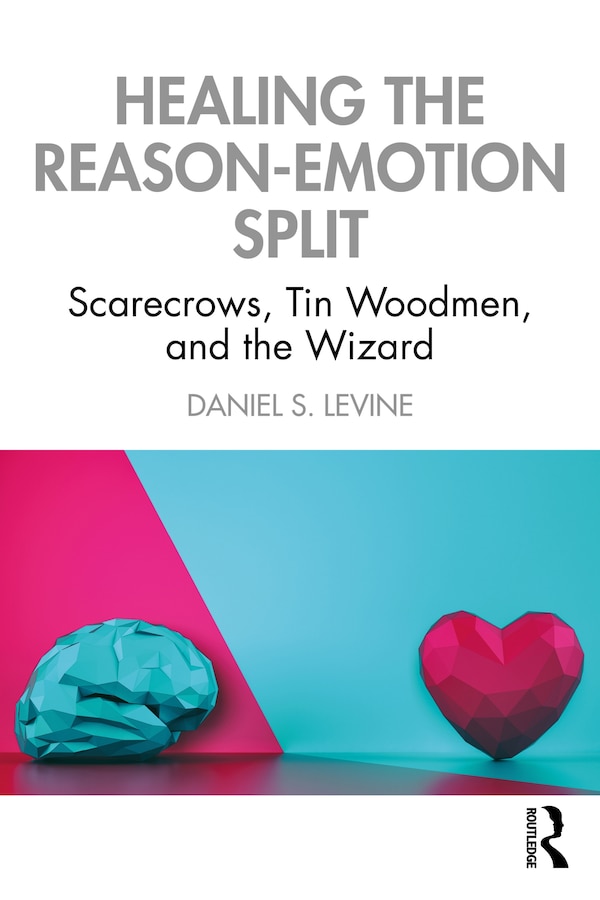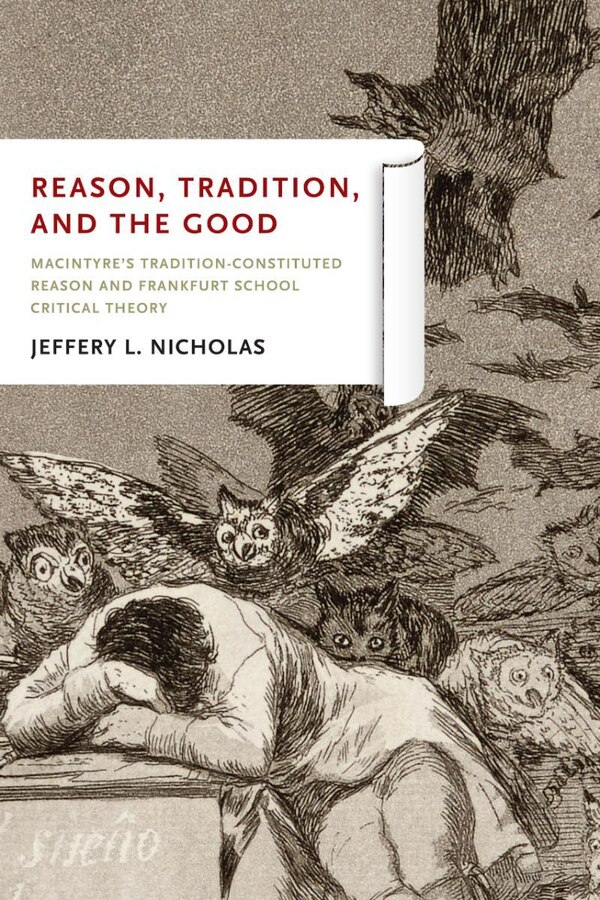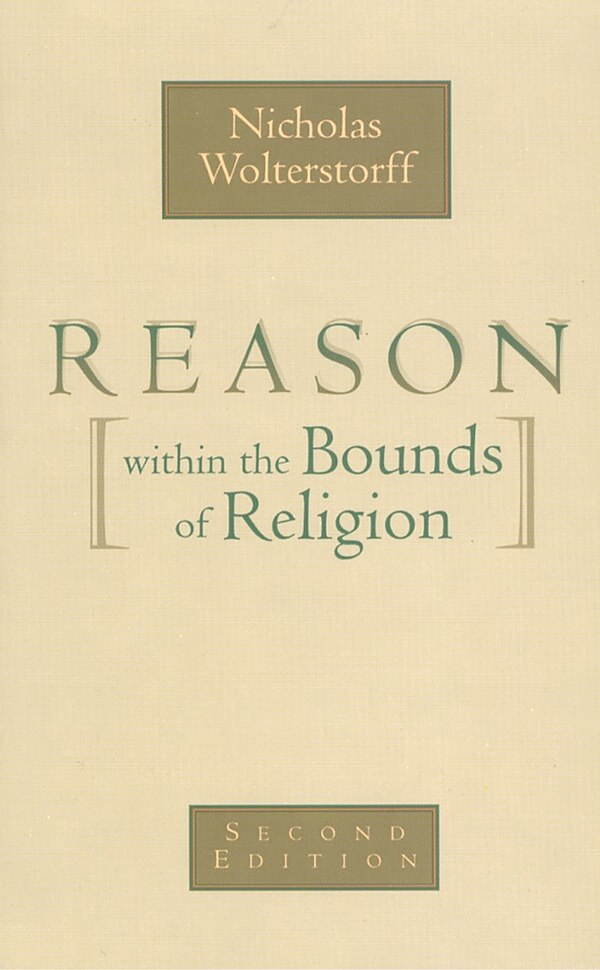Home
Aquinas on Emotion's Participation in Reason by Nicholas Kahm, Hardcover | Indigo Chapters
Coles
Loading Inventory...
Aquinas on Emotion's Participation in Reason by Nicholas Kahm, Hardcover | Indigo Chapters in Vernon, BC
From Nicholas Kahm
Current price: $97.95
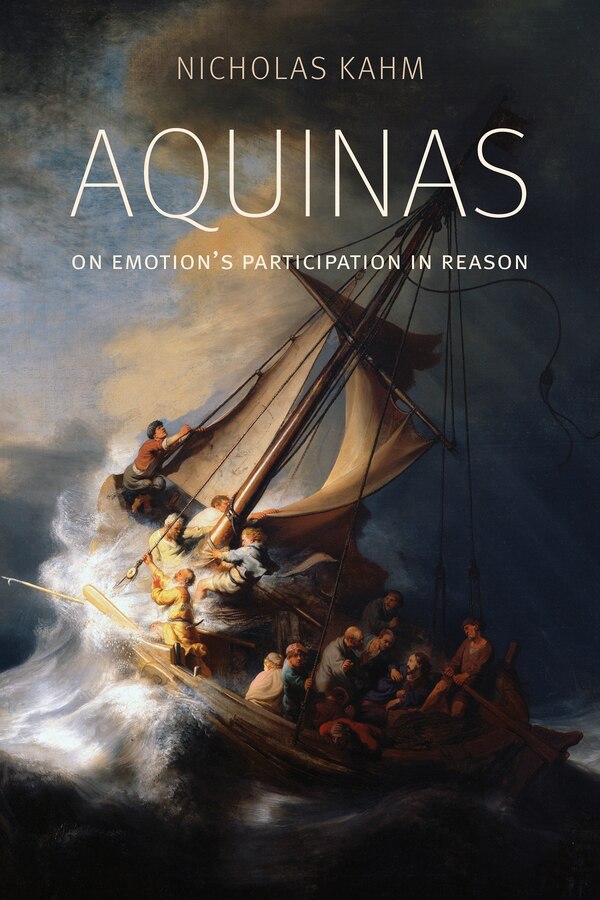
Coles
Aquinas on Emotion's Participation in Reason by Nicholas Kahm, Hardcover | Indigo Chapters in Vernon, BC
From Nicholas Kahm
Current price: $97.95
Loading Inventory...
Size: 1 x 9.28 x 680
*Product information may vary - to confirm product availability, pricing, shipping and return information please contact Coles
Aquinas on Emotion's Participation in Reason aims to present Aquinas's answer to the perennial and now popular question: In what way can the emotions be rational? For Aquinas, the starting point of this inquiry is Aristotle's claim (EN. I. 13) that there are three parts to the soul: 1) the rational part, 2) the non-rational part which can participate in reason, and 3) the non-rational part that does not participate in reason. It is the extent to which the second part (the sense appetites, the seat of the emotions) participates in reason that the emotions can become rational. However, immediately after Aristotle introduces his tripartite division of the soul, he warns that one need not delve into the details of the division or the participation. Aquinas, however, ignores Aristotle, and uses his precise metaphysics of participation within in his sophisticated anthropology to great effect in his ethics. Unlike Aristotle, to fully understand Aquinas's thinking on how the emotions can become rational, we simply must delve into the kinds of precisions that Aristotle thinks are misplaced. When Aquinas's views emerge from these precisions, he has a surprisingly level-headed and commonsense view of how the emotions can become rational. On this point, he is more pessimistic than Aristotle and more optimistic than Kant; he is certainly not, as is he is often thought to be, the faithful follower of Aristotle and the polar opposite of Kant. Nicholas Kahm argue that Aquinas has a realistic and plausible view of how far reason can go in shaping our emotions. Furthermore, his plausible views can accommodate the serious current challenge raised against virtue ethics from social psychology. The method has mainly been a careful reading of primary texts, but unlike the rest of the scholarship on Aquinas's ethics, Kahm is particularly sensitive to Aquinas's historical and philosophical development. | Aquinas on Emotion's Participation in Reason by Nicholas Kahm, Hardcover | Indigo Chapters
Aquinas on Emotion's Participation in Reason aims to present Aquinas's answer to the perennial and now popular question: In what way can the emotions be rational? For Aquinas, the starting point of this inquiry is Aristotle's claim (EN. I. 13) that there are three parts to the soul: 1) the rational part, 2) the non-rational part which can participate in reason, and 3) the non-rational part that does not participate in reason. It is the extent to which the second part (the sense appetites, the seat of the emotions) participates in reason that the emotions can become rational. However, immediately after Aristotle introduces his tripartite division of the soul, he warns that one need not delve into the details of the division or the participation. Aquinas, however, ignores Aristotle, and uses his precise metaphysics of participation within in his sophisticated anthropology to great effect in his ethics. Unlike Aristotle, to fully understand Aquinas's thinking on how the emotions can become rational, we simply must delve into the kinds of precisions that Aristotle thinks are misplaced. When Aquinas's views emerge from these precisions, he has a surprisingly level-headed and commonsense view of how the emotions can become rational. On this point, he is more pessimistic than Aristotle and more optimistic than Kant; he is certainly not, as is he is often thought to be, the faithful follower of Aristotle and the polar opposite of Kant. Nicholas Kahm argue that Aquinas has a realistic and plausible view of how far reason can go in shaping our emotions. Furthermore, his plausible views can accommodate the serious current challenge raised against virtue ethics from social psychology. The method has mainly been a careful reading of primary texts, but unlike the rest of the scholarship on Aquinas's ethics, Kahm is particularly sensitive to Aquinas's historical and philosophical development. | Aquinas on Emotion's Participation in Reason by Nicholas Kahm, Hardcover | Indigo Chapters

